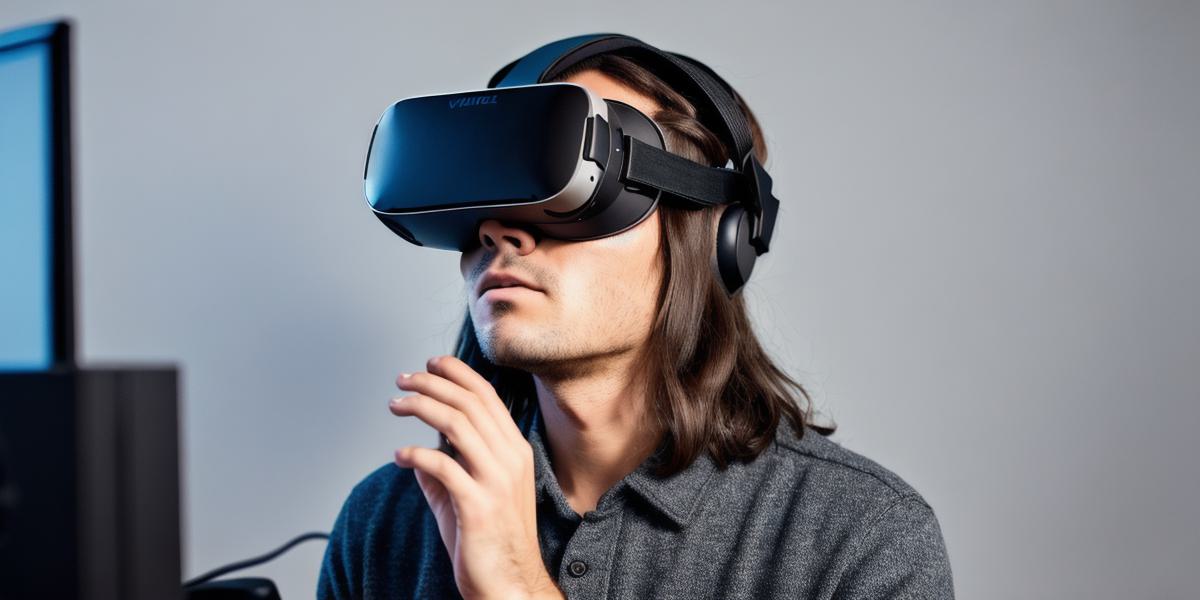Virtual reality (VR) has been around for several decades, but it’s only in recent years that the technology has advanced to the point where it’s becoming mainstream. The promise of immersive, interactive experiences that transport users into new worlds has captured the imagination of people all over the world. But is VR really as real as it seems? This article will explore the concept of virtual reality and argue that it’s ultimately an illusion.
Virtual Reality vs. Reality
The first step in understanding why VR is an illusion is to understand what we mean by "reality." Reality is a construct of our senses and perceptions, shaped by the way we interpret and process information from the world around us. Virtual reality, on the other hand, is a simulation created using computer technology.
Virtual reality creates an artificial environment that simulates real-world experiences, but it does so in a way that’s fundamentally different from how our brains process information in the real world. For example, when we look at something in the real world, our eyes send signals to our brain that help us interpret what we’re seeing. In VR, however, these signals are generated by the computer and sent directly to our eyes, bypassing the brain entirely.
The Impact of Virtual Reality on Our Brains
The differences in how our brains process information in the real world vs. virtual reality have important implications for our brains. Studies have shown that prolonged exposure to VR can lead to changes in the way our brains function, including alterations in memory, attention, and perception.
For example, a study published in the journal "Nature" found that people who spent 90 minutes in a virtual reality environment had reduced gray matter density in the medial prefrontal cortex, an area of the brain involved in attention, decision-making, and working memory. Another study published in the journal "Experimental Brain Research" found that people who spent time in VR reported feeling more anxious and stressed than those who spent the same amount of time in a real-world environment.
The Ethics of Virtual Reality
The use of virtual reality raises important ethical questions, particularly when it comes to issues of privacy and consent. For example, how do we ensure that users are fully informed about the potential risks and benefits of using VR technology? And what happens if a user experiences negative side effects as a result of their use of VR?
These questions are especially important in the context of virtual reality’s growing use in fields like medicine, education, and entertainment. If VR is being used to treat mental health conditions or train medical professionals, we need to be sure that it’s safe and effective, and that users are fully informed about its potential risks and benefits.
Summary: Virtual Reality is an Illusion
In conclusion, virtual reality may seem like a real-world experience, but ultimately it’s an illusion. While VR technology has advanced significantly in recent years, the way our brains process information in the real world vs. virtual reality is fundamentally different. This has important implications for our brains and raises important ethical questions about the use of VR technology. As we continue to explore the potential applications of virtual reality, it’s crucial that we remain vigilant about its effects on our minds and our society as a whole.
